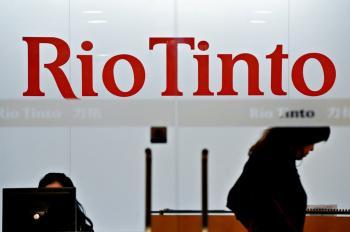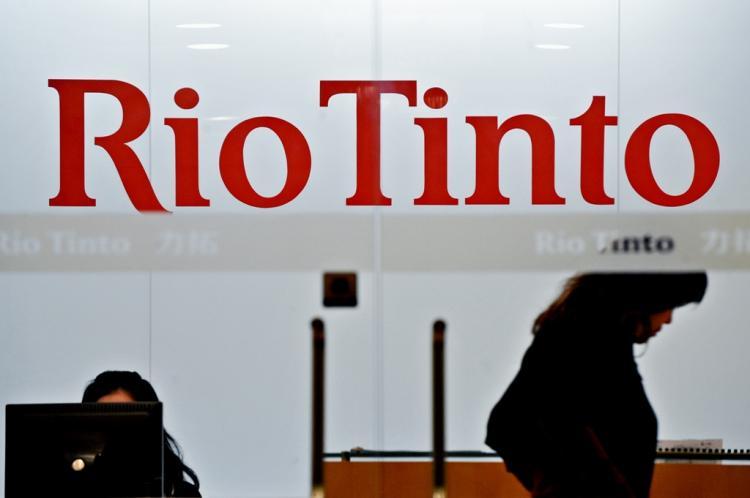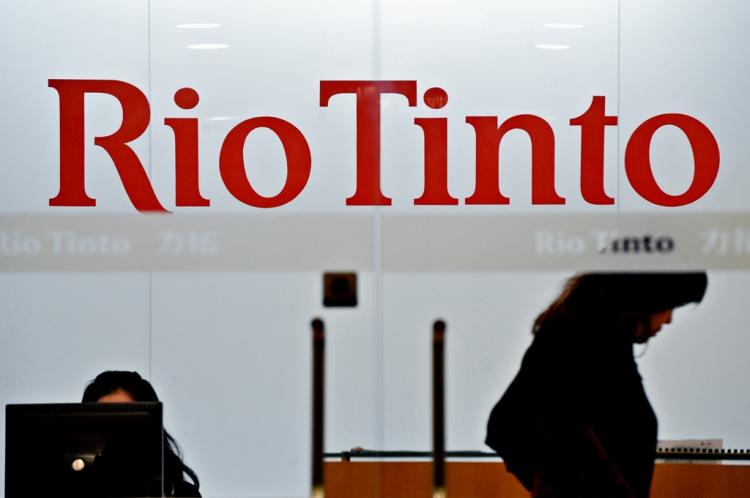| Related Video NTDTV |
China has formally charged top Rio Tinto executive, Stern Hu, a move that highlights the dangers of doing business in China.
Shanghai born, Hu, an Australian citizen, along with three Chinese colleagues, were detained in July last year on allegations of espionage and violating state secrets.
They were formally indicted Thursday, February 12, on lesser charges of industrial espionage and bribery. While it is expected they will get 7–11 year sentences, it is possible they could be jailed for 27 years, if given the maximum sentence by the Chinese courts.
Dr. John Lee, a China analyst from Australia’s Center of Independent Studies, says the charges against Hu have been determined politically and foreign companies are realizing they are now equally vulnerable to a change in favor.
“Even investment banking companies are starting to realize China is not the risk-free, money-making market playground that they thought it was,” he told The Epoch Times. “I think anyone dealing directly with China now understands the degree of corruption, of political interference, the close links between business and the state.”
Hu’s arrest also fits a definite Chinese Communist Party (CCP) strategy of targeting ethnic Chinese working for foreign companies, to make a point. Because of the lack of transparency at every level of society in China, foreign companies rely on ethnic Chinese to facilitate business in the mainland, Dr. Lee said. This approach has now become very dangerous.






